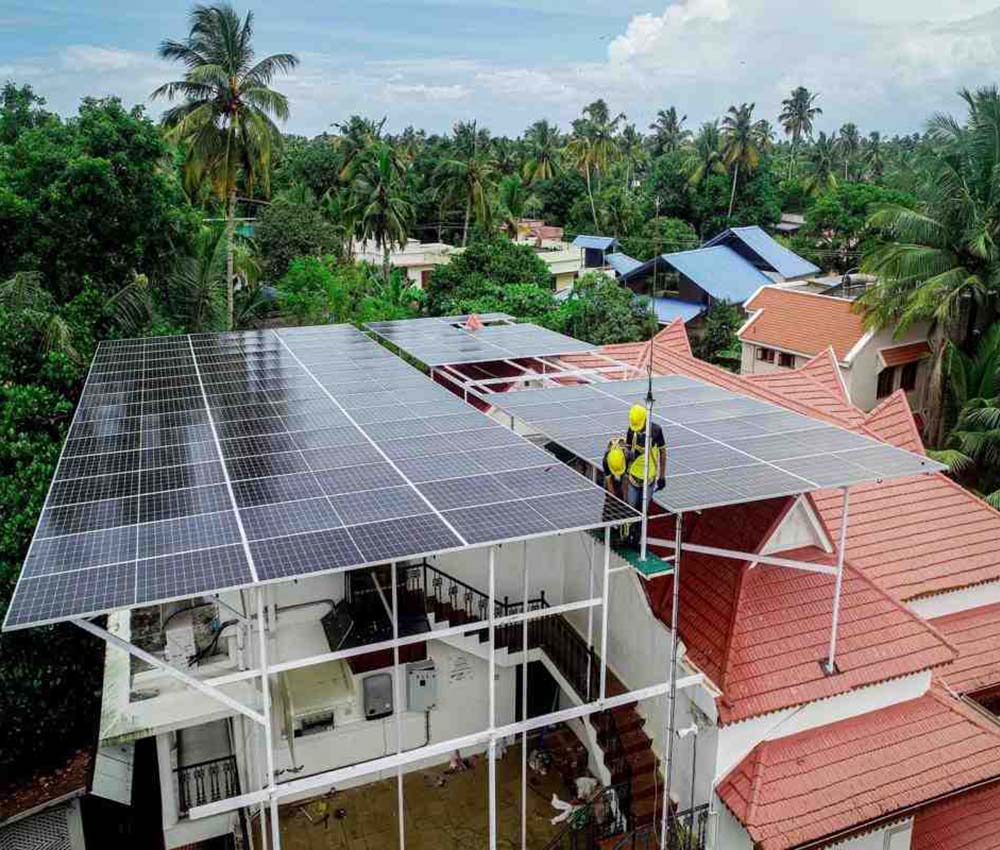Solar Energy for Residential Use
Residential solar energy refers to the use of solar power systems in homes to generate electricity. This renewable energy source harnesses sunlight through photovoltaic (PV) panels or solar thermal systems, reducing dependence on conventional power sources and lowering electricity costs. Here's a detailed breakdown of residential solar energy:
1. Introduction to Residential Solar Energy
- What is Residential Solar Energy?
Residential solar energy refers to the installation of solar panels or systems at a home to generate electricity for personal use. Solar panels typically convert sunlight into electricity, which is used to power lights, appliances, and other home electrical needs.
2. Types of Solar Systems for Homes
- Solar Photovoltaic (PV) Systems
These systems use solar panels made of semiconductor materials, like silicon, that convert sunlight directly into electricity. The electricity generated can either be used immediately in the home or stored in batteries for later use.
- Hybrid Systems
Some homes use a combination of both PV and solar thermal systems to meet various energy needs (electricity and water heating).
3. How Residential Solar Energy Works
- Solar Panels and Inverters
- Solar Panels: These are installed on the roof or on the ground. They collect sunlight and convert it into direct current (DC) electricity.
- Inverter: Since most home appliances use alternating current (AC), an inverter is needed to convert the DC electricity generated by the panels into AC electricity.
- Battery Storage
For homes that want to store excess electricity generated during sunny days, a battery system can be installed. This stored energy can then be used at night or during periods of low sunlight.
- Grid Connection
I f the solar system is connected to the grid, excess energy can be fed back into the grid, and the homeowner may receive credit through net metering.
4. Benefits of Residential Solar Energy
- Cost Savings
- Lower Energy Bills: Homeowners can significantly reduce their electricity bills by generating their own energy.
- Potential Income:
